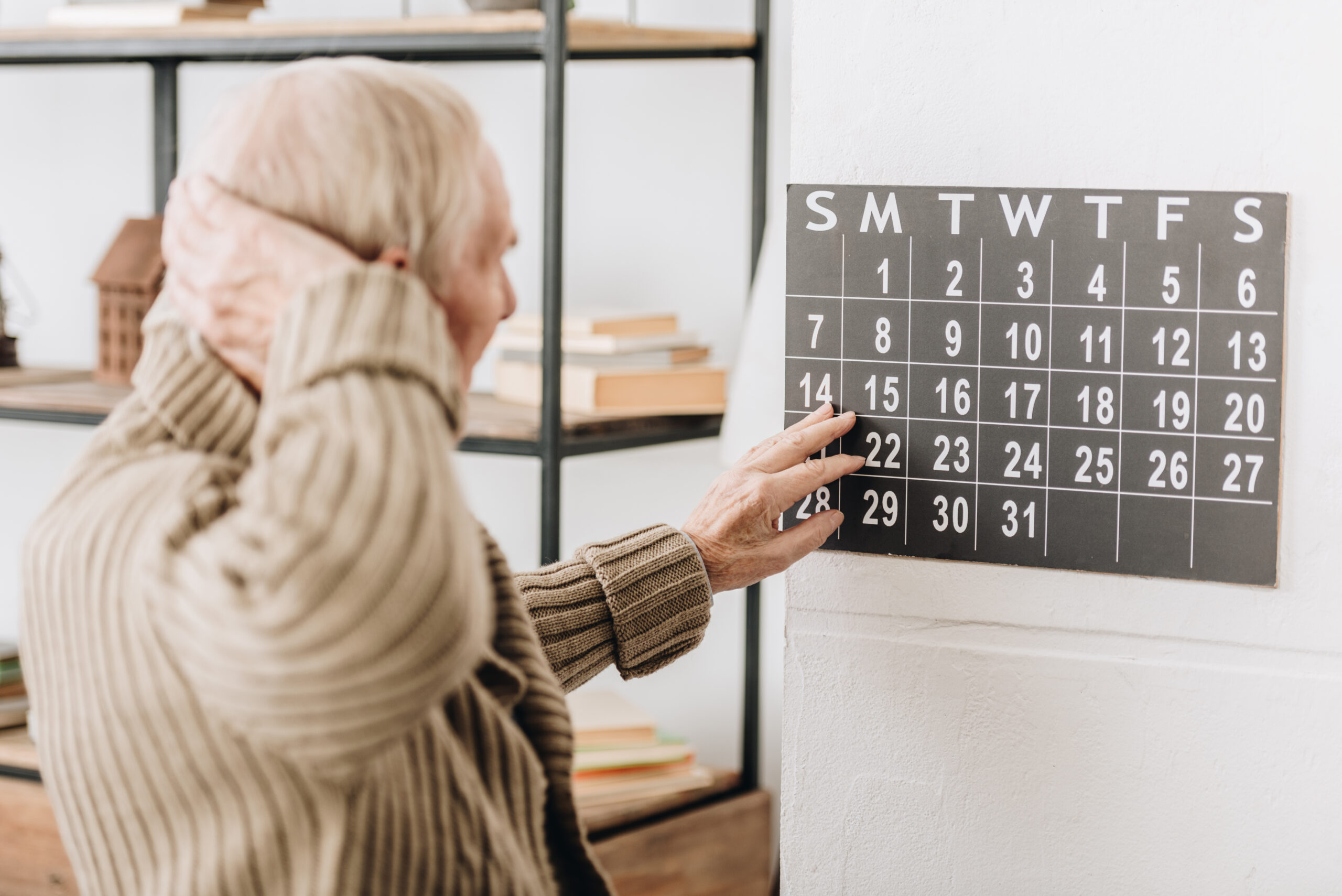The Connection Between Sleep and Aging
Sleep and aging are closely connected in many ways, affecting how we feel, look, and function as we grow older. When we sleep well, our bodies get a chance to repair themselves and keep us healthy. But as we age, changes in sleep patterns can influence the aging process itself.
During sleep, especially deep sleep stages like Non-Rapid Eye Movement (NREM), our body works hard to fix cells and tissues. A key player here is the human growth hormone (HGH), which is mostly released during deep sleep. HGH helps with cell growth and regeneration—this means it supports healthy skin, hair, nails, and overall vitality. If you don’t get enough good-quality sleep, your body produces less HGH. This can speed up signs of aging like wrinkles or weaker nails.
Sleep also helps balance hormones that affect how quickly or slowly we age. For example, cortisol is a stress hormone that tends to rise when you don’t get enough rest. High cortisol levels can cause inflammation and weight gain—both linked to faster aging. Good sleep keeps cortisol in check so your body stays calmer and healthier.
Another important connection between sleep and aging involves the immune system. While you’re asleep, your body makes proteins called cytokines that fight infections and reduce inflammation. Without enough restful sleep over time, your immune defenses weaken making it easier for illnesses to take hold—and this can accelerate biological aging too.
As people grow older though, their natural rhythms change which affects how they experience sleep itself. The brain produces less deep slow-wave (NREM) sleep with age; this reduces the quality of restorative processes like memory consolidation—the way memories are strengthened overnight—and cellular repair work mentioned earlier becomes less efficient too.
Older adults often find themselves waking up earlier or having fragmented nights because their internal clock doesn’t respond as strongly to light cues anymore—a condition known as advanced sleep phase syndrome (ASPS). Also declining melatonin production makes falling asleep harder since melatonin controls our natural day-night cycle.
Temperature regulation shifts with age as well; normally your body cools down before bedtime helping you fall asleep easily but this cooling effect weakens in seniors causing more disrupted or lighter sleeps throughout the night.
All these changes mean that while getting good quality rest remains crucial at any age for slowing down physical decline associated with growing older—it becomes more challenging naturally after middle adulthood without conscious effort on improving habits around sleeping environment or lifestyle choices supporting circadian health such as exposure to daylight during daytime hours.
In short: Sleep isn’t just about feeling rested—it’s deeply tied into how our bodies maintain youthfulness at a cellular level through hormonal balance including growth hormone release; immune protection by producing infection-fighting proteins; cognitive health by consolidating memories properly; plus regulating stress hormones linked directly with signs of premature aging—all processes that become vulnerable if quality rest diminishes over time due to normal biological shifts seen in later life stages.
Getting enough high-quality slumber every night acts like an invisible fountain of youth inside us—helping keep cells fresh longer while protecting against diseases common among older adults who suffer from poor or insufficient rest patterns regularly throughout their lives.





